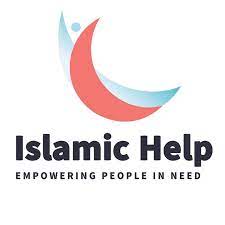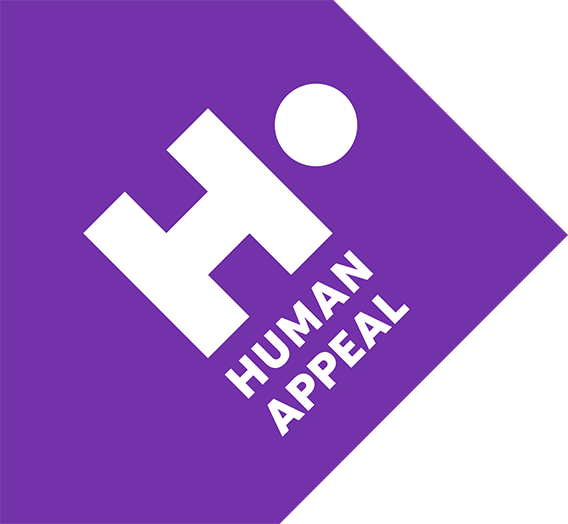Giving Zakat: The Pillar of Islam That Creates Social Change
Zakat is one of the Five Pillars of Islam, making it an essential obligation for all eligible Muslims. It is a form of charitable giving that purifies wealth, supports those in need, and promotes social justice. But what exactly is Zakat, and why is it so significant in Islam? This guide explores the meaning, history, and purpose of Zakat to provide a deeper understanding of its role in the Muslim faith.
What is Zakat in Islam?
In Islam, Zakat is a mandatory charitable contribution that Muslims who meet specific financial criteria must pay annually. The word “Zakat” comes from the Arabic root “Z-K-W”, which means purification and growth. By giving Zakat, Muslims purify their wealth and contribute to the economic well-being of their community.
The Quran emphasises the importance of Zakat in several verses, including:
“And establish prayer and give Zakat, and whatever good you put forward for yourselves – you will find it with Allah.” (Quran 2:110)
The Importance of Zakat During Ramadan
As Ramadan approaches, Muslims around the world prepare for a month of fasting, reflection, and giving. It is a time of heightened spirituality, and Zakat plays a crucial role in ensuring that those in need are supported. The rewards for giving Zakat and Sadaqah (voluntary charity) are multiplied during Ramadan, making it the ideal time to fulfill this obligation.
Many Muslims choose to calculate and distribute their Zakat during Ramadan, aligning their charitable acts with this blessed month. It serves as a reminder of the importance of compassion, generosity, and supporting the less fortunate.
Zakat Meaning: Definition and Purpose
The definition of Zakat is a specific percentage (2.5%) of a Muslim’s savings that must be given to those in need. It is different from voluntary charity (Sadaqah) because it is an obligation rather than an optional good deed.
The purpose of Zakat is to:
- Support the poor and needy
- Redistribute wealth and reduce economic inequality
- Purify one’s earnings and soul
- Strengthen social welfare in the Muslim community
What Was Zakat in Islamic History?
Zakat has been a fundamental part of Islamic teachings since the time of Prophet Muhammad (PBUH). Historically, it was collected and distributed by Islamic governments to support widows, orphans, the elderly, and the less fortunate. In early Islamic society, Zakat was a structured system, ensuring that the economic burden was shared fairly among all Muslims.
Today, Zakat continues to be practiced globally, with many organisations and charities ensuring its proper distribution to those who qualify.
Zakat is What? Understanding Its Recipients
The Quran specifies eight categories of people who are eligible to receive Zakat:
- The Poor (Al-Fuqara) – Those who have little to no financial means.
- The Needy (Al-Masakin) – Those struggling to meet basic needs.
- Zakat Administrators – Those responsible for collecting and distributing Zakat.
- New Muslims (Mu’allaf) – Converts to Islam who may need financial assistance.
- Slaves and Captives (Ar-Riqab) – Those in need of freedom from bondage.
- The Indebted (Al-Gharimin) – People burdened with significant debts.
- In the Path of Allah (Fi Sabilillah) – Those engaged in religious or humanitarian causes.
- Travellers in Need (Ibn Sabil) – Stranded individuals without financial support.
How to Calculate and Pay Zakat
Zakat is typically calculated at 2.5% of a Muslim’s qualifying wealth, including savings, gold, silver, business income, and investments. It is due annually once a Muslim’s wealth exceeds the Nisab threshold (the minimum amount of wealth required to pay Zakat).
To make it easier, many charities offer Zakat calculators to determine the exact amount owed. Muslims can then distribute their Zakat through trusted Islamic organisations that ensure proper allocation to eligible recipients.
Final Thoughts: The Spiritual and Social Impact of Zakat
Zakat is not just about financial giving; it is a form of worship that strengthens faith and promotes economic justice. By fulfilling this obligation, Muslims contribute to a more balanced society where wealth is shared, and no one is left behind.
Understanding what Zakat is and its importance in Islam allows us to appreciate its role in creating a compassionate and just world. Whether you are new to Islam or seeking to deepen your knowledge, embracing Zakat can bring both spiritual and material blessings to you and your community.
If you are looking to fulfil your Zakat obligation, explore the verified charities on The Charity Champion to ensure your contributions reach those who need them most.
Published: 13 February 2025
Updated: 13 February 2025







